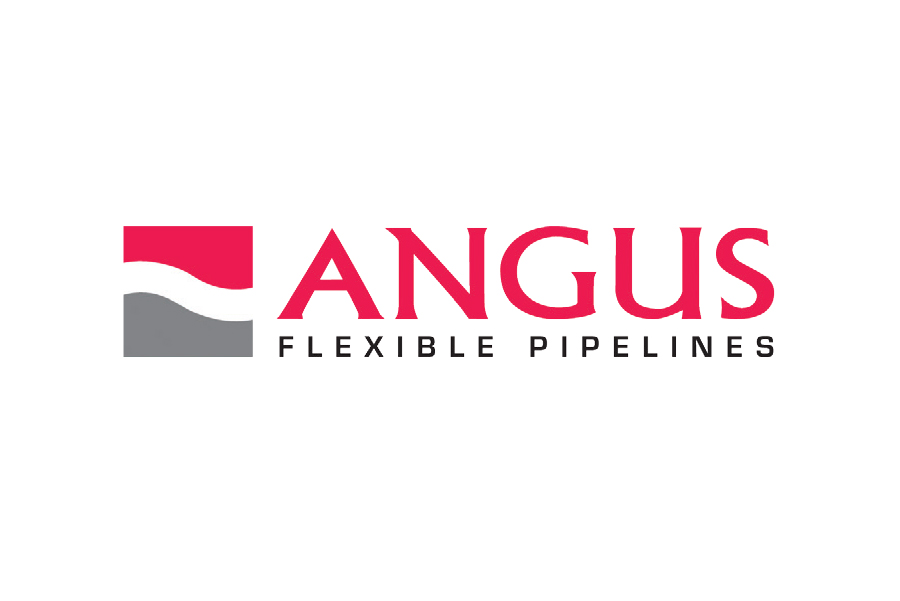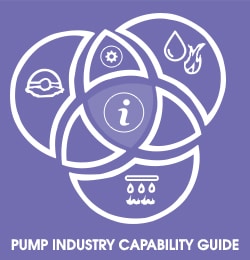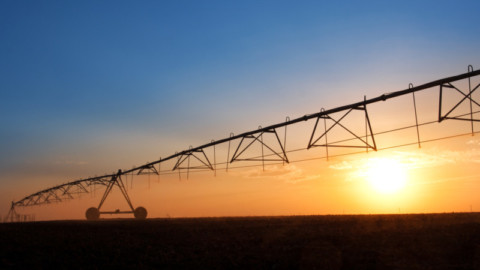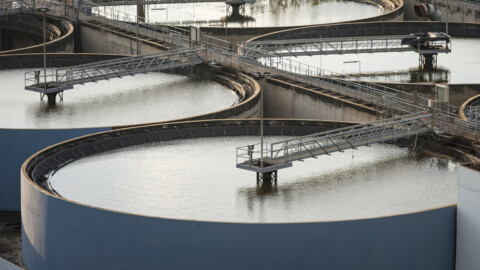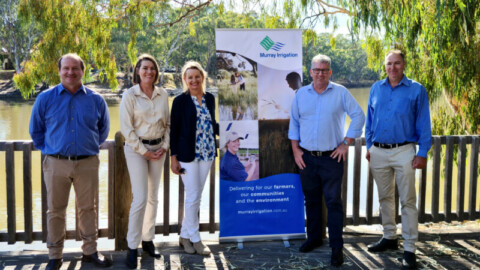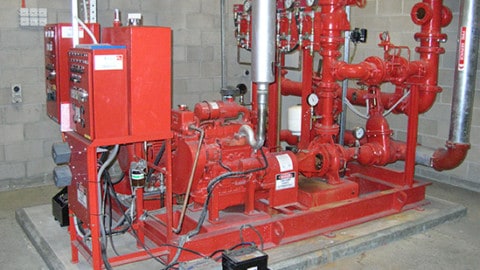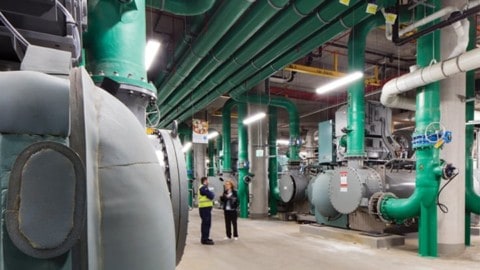The South Australian Government has commissioned a study to determine if water from the Adelaide Desalination Plant (ADP) should be used to boost irrigation in times of low water supply.
Water and the River Murray Minister, Ian Hunter, said the ADP was built on the back of the millennium drought and provides the necessary water security to underpin the state’s economic and population growth to 2050.
“The ADP is a critically–important state asset that offers a drought-proof alternative source of water, in addition to the state’s reservoirs and the River Murray,” Mr Hunter said.
“The ADP has been supplying water since mid–October 2011, and has provided about 130billion litres (130GL) to metropolitan Adelaide customers so far.
“El Nino conditions have brought hotter and drier conditions across the Murray-Darling Basin – this has affected storage volumes, and water resources will be limited at the start of 2016–17.
“For River Murray water users, this is likely to result in less than 100 per cent starting allocations next year.
Mr Hunter said with this developing risk, irrigation and business communities are asking about the possibility of using desalinated water to offset possible cuts in irrigation allocations.
“Increasing the production of desalinated water beyond the level required to supply drinking water state–wide would make more water available for productive use, but would also increase operating costs for SA Water,” Mr Hunter said.
“It’s important that any consideration of the increased use of the desalination plant takes into account costs, considers who pays, and aims to maximise overall economic benefit for our state.
“To inform our response to the suggestion from irrigation and business communities, the State Government has commissioned an independent cost-benefit analysis, with the findings to be available by May 2016.
Marsden Jacobs, one of Australia’s leading natural resource economics consultancies, is undertaking the independent cost–benefit study, with The Essential Services Commission of South Australia (ESCOSA) providing independent advice on plant running costs.
“Findings will help inform water allocation decisions for the 2016–17 water year, as well as longer-term state policy on how allocations and costs could be shared between different water users,” Mr Hunter said.
The study and long term allocation policy were sought by stakeholders during consultation on the draft Water Allocation Plan for the SA Murray, expected to be finalised later this year.
Mr Hunter also stated that a long–term River Murray water allocation framework is necessary for Murray–Darling Basin Plan compliance by July 2019, and that this framework will be developed in consultation with key stakeholders.


